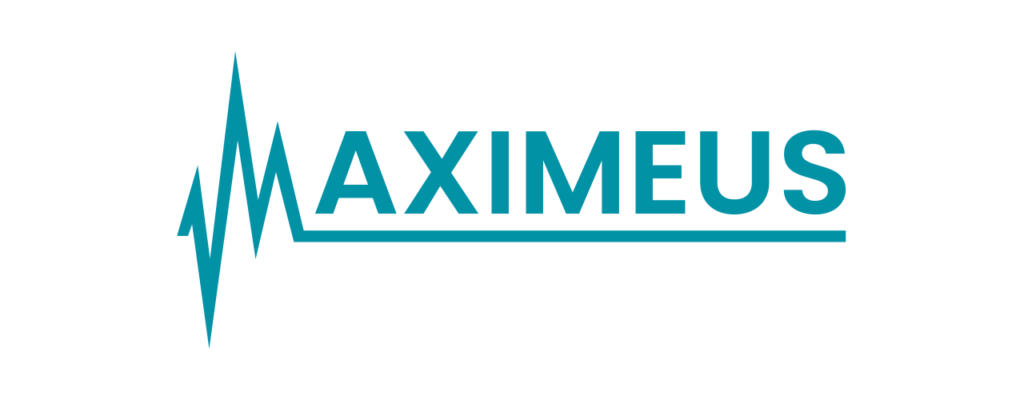The COVID-19 pandemic changed the way healthcare was delivered globally in 2020. The year 2021 brought its own sets of challenges, such as powerful COVID-19 variants and drowning hospitals with patients that were with and without the virus.
Regardless of so many hindrances, technology has played a critical role in keeping the healthcare industry resilient. With the aim to improve adaptability and streamline clinical operations, a lot of technology-based solutions have been extensively adopted in the healthcare industry. The way technology gives handy solutions to all modern considerations, the across-the-board externalization of technology into the healthcare sector is inescapable. Given how intelligent systems advance, healthcare that uses new-wave technology will continue to thrive.
The coming years are set to witness the substantial adoption of innovative and avant-garde technologies into healthcare. The specialists have highlighted various healthcare digital transformation trends for 2022 that are believed to assist healthcare professionals to continue to deliver high-quality services.
Telemedicine and Remote Care
Virtual patient monitoring existed long before the Covid-19 pandemic. However, the lockdowns catalyzed massive uptakes in telemedicine adoption. The service offers live video chat between doctors, nurses, and patients, which will allow medical professionals to treat patients in remote locations. The service is a great way for medical professionals to keep their patients safe. As a result, it will also allow for improved patient treatment, as well as improved communication between patients and doctors. Nowadays telemedicine offers such services as teledermatology, teleophthalmology, telepsychiatry, tele-obstetrics, teleoncology, and telerehabilitation.
Artificial Intelligence
Artificial Intelligence (AI) is taking over our lives with incredible speed and is increasingly being used in everyday life. It is the next big revolution in the way the world functions, moving seamlessly into the world of healthcare. It is already being used to read and interpret medical test results and to automatically choose the most effective pharmaceutical composition for patients. In the future, it will transform our hospitals into smart hospitals, where AI can be used to ensure that every patient gets the right treatment at the right time, a step towards us all entering the era of the miraculous.
Augmented Reality/Virtual Reality
Augmented and virtual reality technologies have the potential to transform the healthcare industry. Think about it for a moment: with VR healthcare simulation and AR training, doctors could practice skills and procedures with live patients, helping hospitals improve their overall outcomes. This could reduce costs, as well as the number of errors and complications that occur in the actual practice of medicine.
Medical IoT
The medical IoT is a tangle of technologies that continue to evolve. They range from wearables to sensors and from simple scripting to sophisticated machine learning algorithms. The medical IoT is a set of connected devices that are used to monitor and analyze the health of patients and to improve medical treatment. Much like the IoT in other industries, this technology has the potential to dramatically change daily lives. Medical IoT applications can be built around several core functions, ranging from simple tracking solutions to complex automation.
Bottom Line
We stand to gain a lot by adopting digital transformation in healthcare. Digital transformation can help us achieve this by availing us of the best in medical technology. Digital transformation also means better medical infrastructure and an increase in medical research.
Digital transformation is not a “once and done” type of situation for healthcare. These trends will keep moving healthcare forward, and it will take time and hard work to move the needle. While these trends are happening, it is important to understand that it is an evolution, not a revolution.
